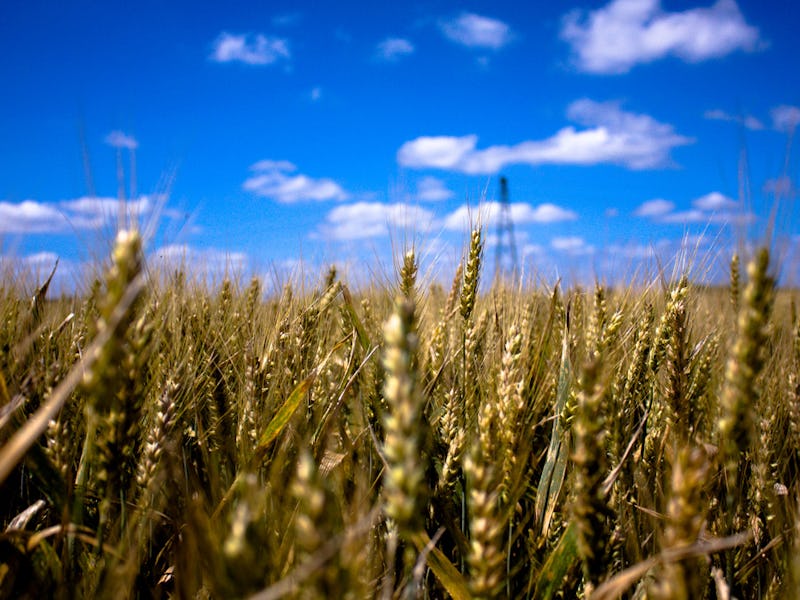Gluten Free Doesn’t Mean Healthy
Those specialty foods probably aren't worth the cost unless you’ve got celiac disease.

Restaurants, groceries, bars, bodegas, crab shacks, food trucks, and hot dog stands all seem to be embracing the gluten-free option. That’s good news for people suffering from celiac disease and — one might be tempted to think — the large group of people who have chosen to avoid gluten for health reasons. It’s easy to see why these picky consumers conclude that cutting out flour and starch can lead to weight loss, but that doesn’t make it so.
According to a study from the George Institute for Global Health in Australia, which looked at more than 3,200 gluten-free products and their regular counterparts over ten food categories, gluten-free is just that — and only that. “The foods can be significantly more expensive and are very trendy to eat,” said lead author and senior research fellow Jason Wu, “But we discovered a negligible difference when looking at their overall nutrition.” What his team found was that gluten-free “core” foods, like bread and pasta, have significantly lower amounts of protein than regular foods, which makes sense because gluten refers to the proteins found in wheat and its relatives, but the amount of salt and sugar left over was almost exactly the same.
Ditto for junk foods like potato chips and cookies.
The gluten-free foods aren’t hurting anyone, but they’re not necessarily helping anyone, either. Wu warns of the health food “halo” effect, which happens when manufacturers use fancy “gluten-free” labels on foods that don’t contain gluten anyway and can lead to people unnecessarily switching to an all-gluten-free diet completely devoid of whole grains.
Another big concern, he says, is cost. Gluten-free foods can be almost twice as expensive as their glutenous counterparts, according to Alice Bast, President of the National Foundation for Celiac Awareness. Market research company Mintel predicts that Americans will spend up to $15 billion on gluten-free foods in 2016. Wu’s research suggests we should be smarter about our money. Gluten and gluten-free foods, he says, “are just as healthy or unhealthy as each other.”